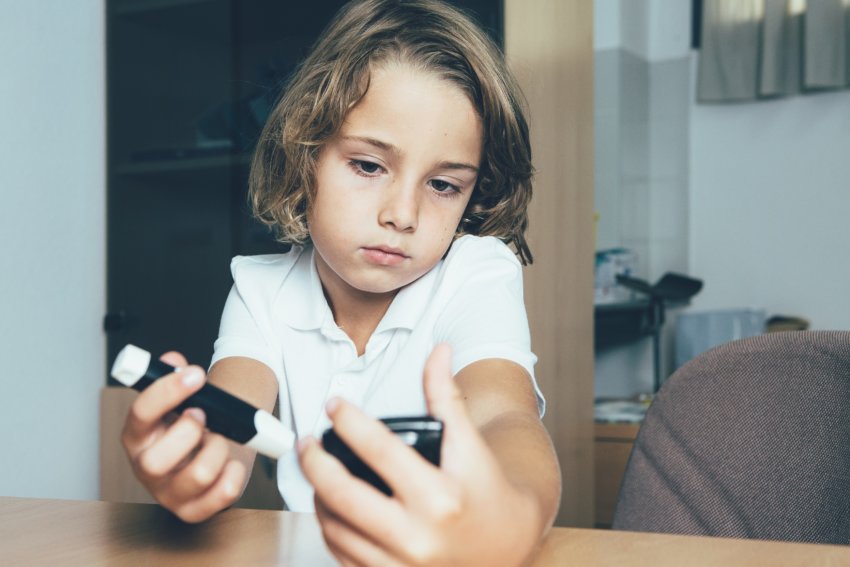Results of a recently completed clinical trial of a potential drug to treat Type 2 diabetes in children were announced April 28 at the Pediatric Academic Societies 2019 meeting in Baltimore, Maryland. The New England Journal of Medicine also published the findings.
Study coauthor Jane Lynch, M.D., FAAP, professor of pediatrics at UT Health San Antonio, said the drug, liraglutide, in combination with an existing medication, metformin, showed robust effect in treating children studied in the Ellipse trial.
Currently only two drugs, metformin and insulin, are approved by the U.S. Food and Drug Administration for the treatment of Type 2 diabetes in children. By comparison, more than 30 drugs are approved to treat this form of diabetes in adults.
‘Fantastic new option’ if approved
“We’ve not been able to get drugs approved for children beyond metformin and insulin,” Dr. Lynch said. “This adult diabetes medication was very effective in our trial of youth with Type 2 diabetes and was well tolerated. We urgently need other options for medical treatment of Type 2 diabetes in our youth under age 18. If approved, this drug would be a fantastic new option to complement oral metformin therapy as an alternative to insulin for our youth and adolescents with Type 2 diabetes.”
In San Antonio, Ellipse participants were seen at the Children’s Center at Texas Diabetes Institute, a partnership between UT Health San Antonio and University Health System on San Antonio’s predominantly Hispanic West Side.
More than 1,000 children have been diagnosed with Type 2 diabetes at the Texas Diabetes Institute since 2005. The youngest was 5 years old. Hispanics and other minorities are at higher risk of developing Type 2 diabetes.
134 children enrolled
The Ellipse study compared outcomes of 66 children who received liraglutide shots plus metformin pills for 26 weeks with the outcomes of 68 other children who received metformin and a placebo. Children age 10-17 were eligible for the study.
The study was a randomized, parallel-group, placebo-controlled trial—the gold standard for clinical research studies. For 26 weeks, it was double-blind—neither the participating families nor the investigators knew which children were receiving liraglutide versus placebo. All children received metformin therapy for the duration, along with rescue insulin if needed, and diet and exercise counseling. After 26 weeks, the study continued as an open-label trial with children who received liraglutide continuing to do so and those on placebo stopping the placebo and continuing on metformin with rescue insulin as needed.
Several other promising medications currently in clinical trials are also likely to be approved in the future, thanks to the success of the Pediatric Diabetes Consortium, a national group of investigators who have strived to improve clinical trial protocols to be successful in the pediatric age range, Dr. Lynch said.



